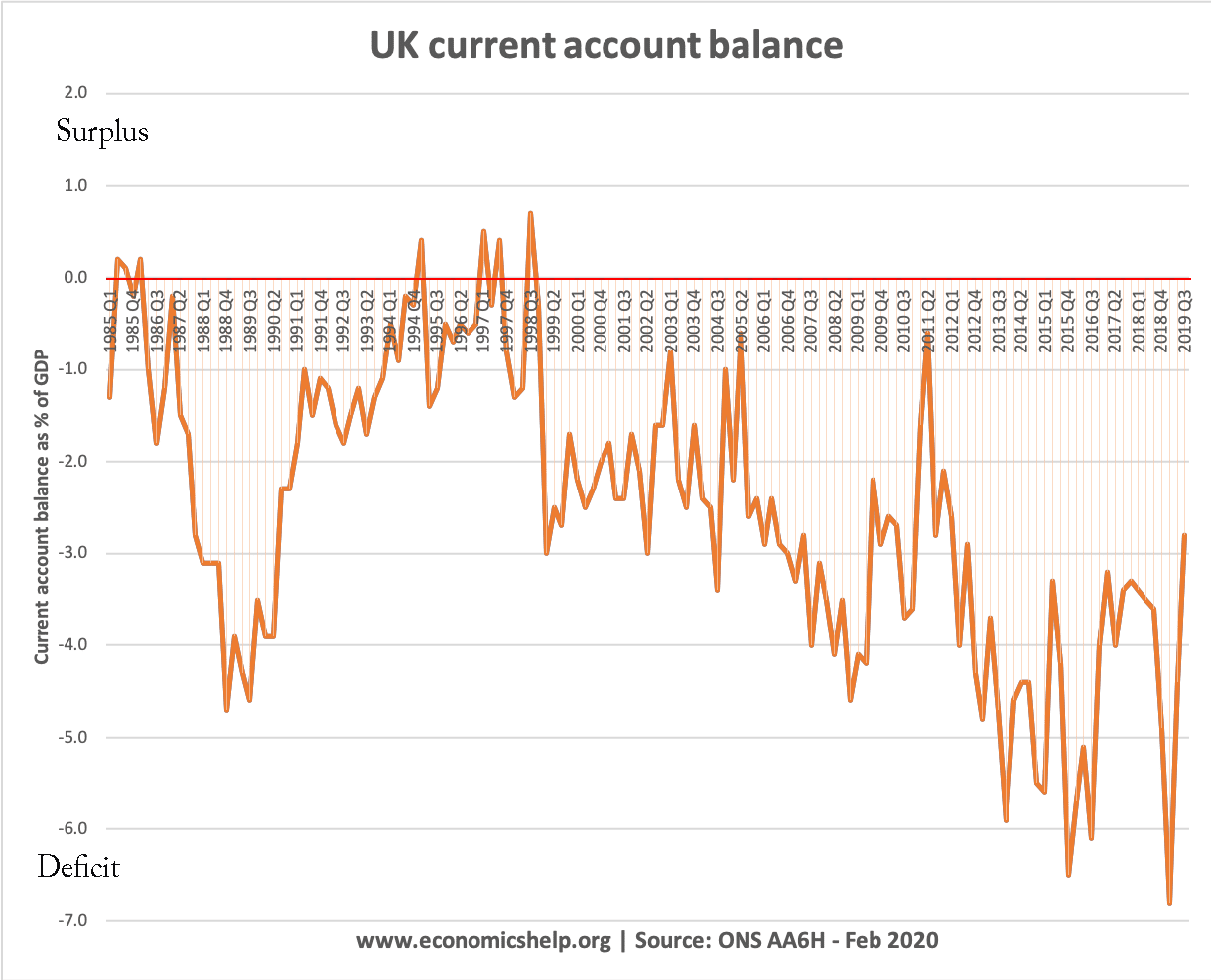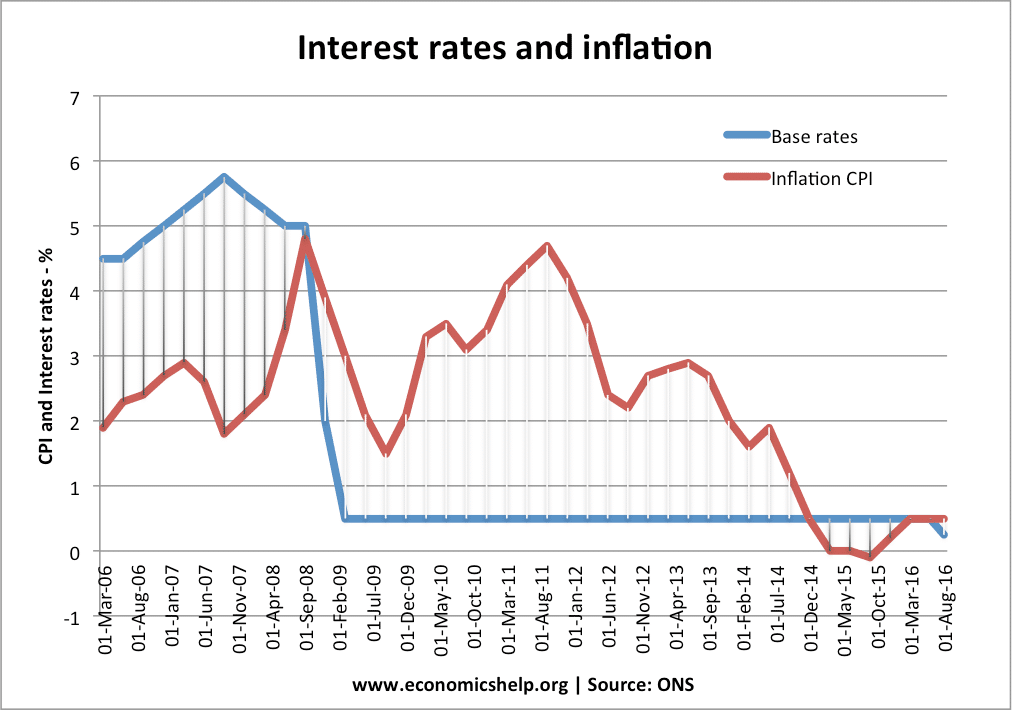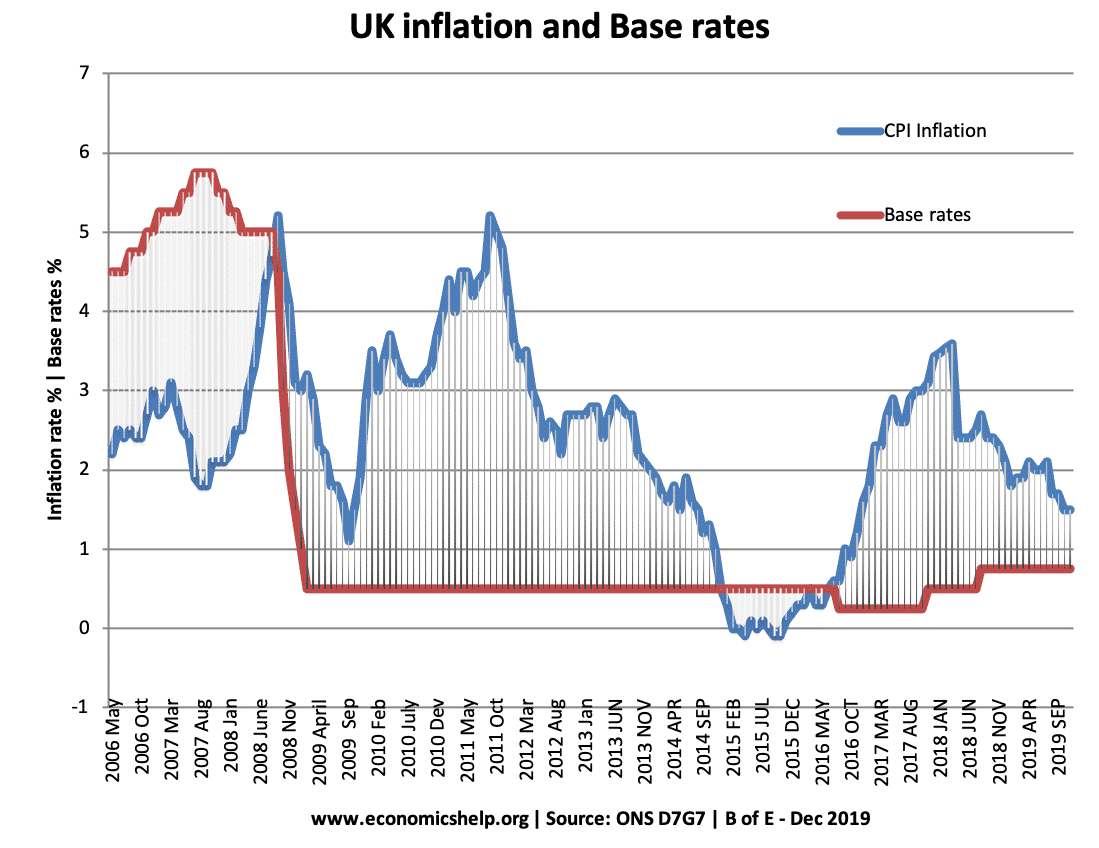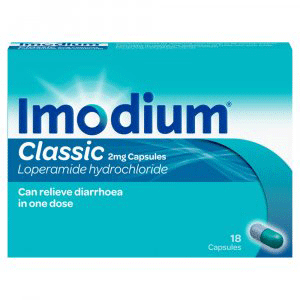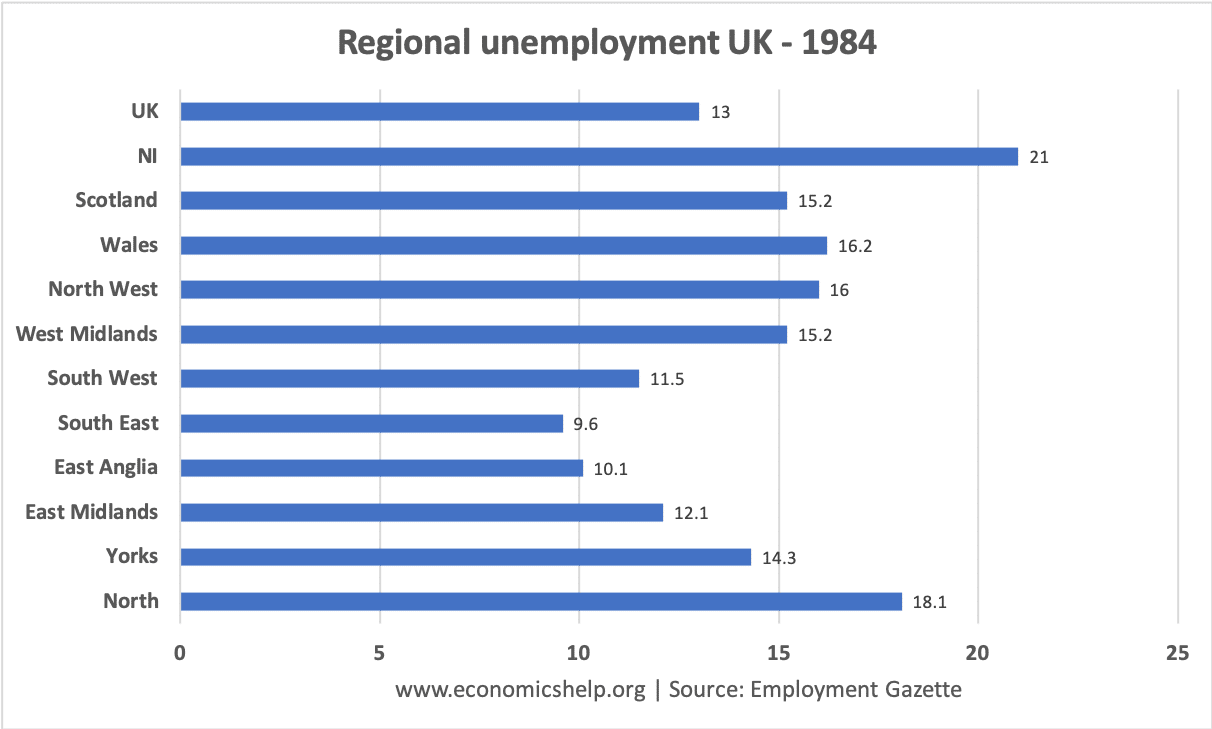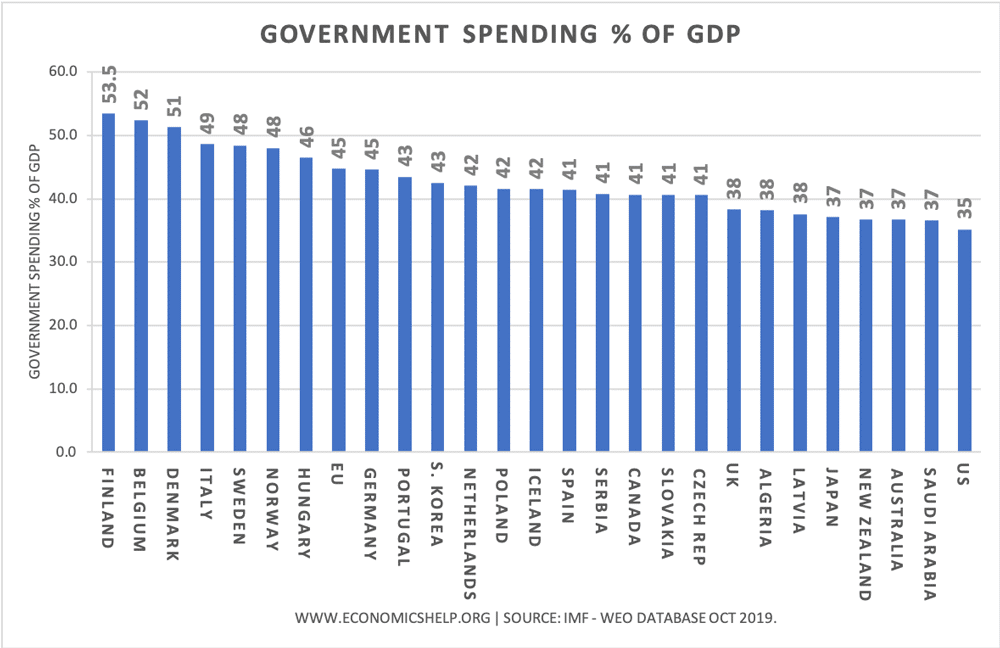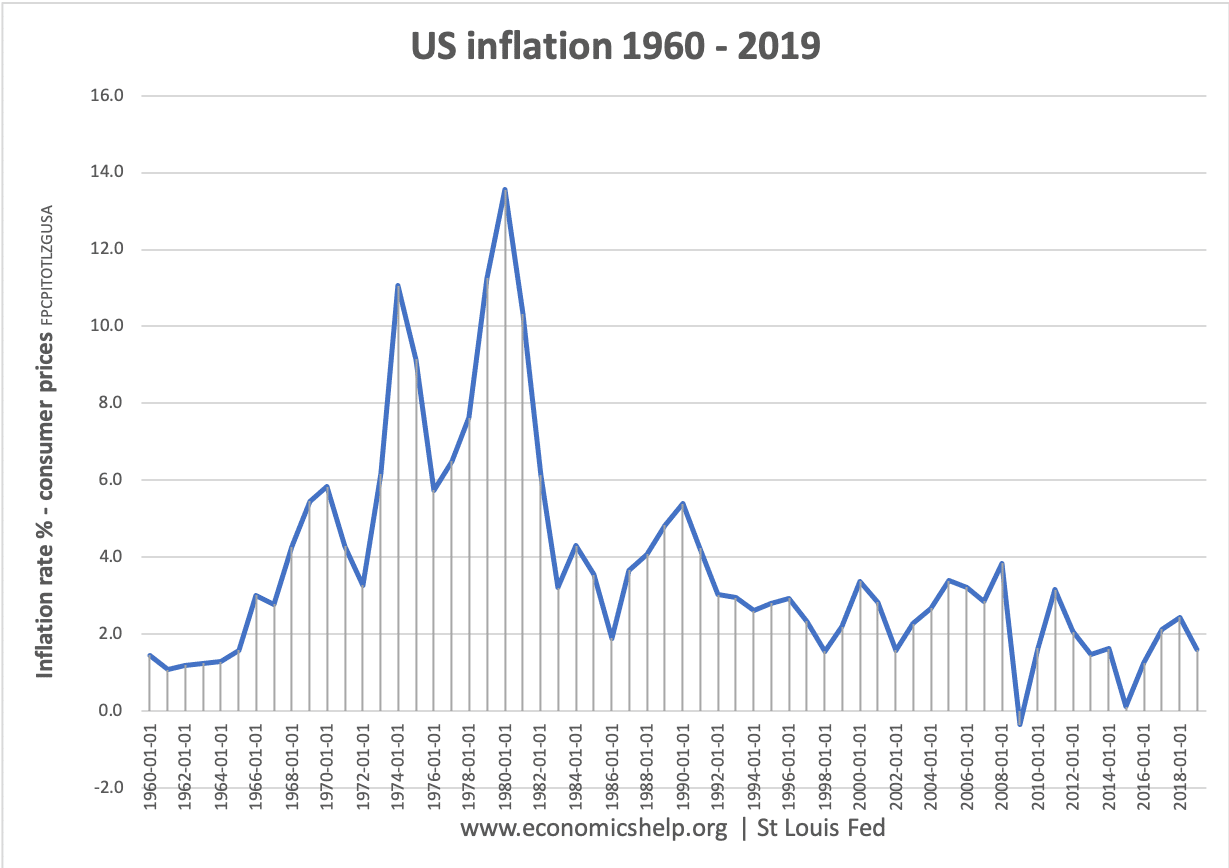The balance of payments is the record of a country’s transactions / trade with the rest of the world.
The balance of payments consists of:
- Current Account (trade in goods, services + investment incomes + transfers)
- Capital Account / Financial Account (capital and financial flows, net investment, portfolio investment)
- Errors and omissions. It is hard to collect all data so some is missed out.
In theory there should be a balancing between capital and current / financial account. If there is a current account deficit, there should be a surplus on the capital / financial account.
UK Current Account
The UK has had a persistent current account deficit in the past 15 years. This is caused largely by the deficit in trade in goods, and recently a deterioration in investment incomes.
- In Q3 2019, the UK current account fell to £15.9 billion or 2.8% of gross domestic product (GDP)
- In 2019, as a whole – the UK’s current account deficit was close to 4% of GDP at current market prices.
- The UK has had a persistent current account deficit in recent years.
Source: ONS Balance of Payments | Current account as % of GDP

